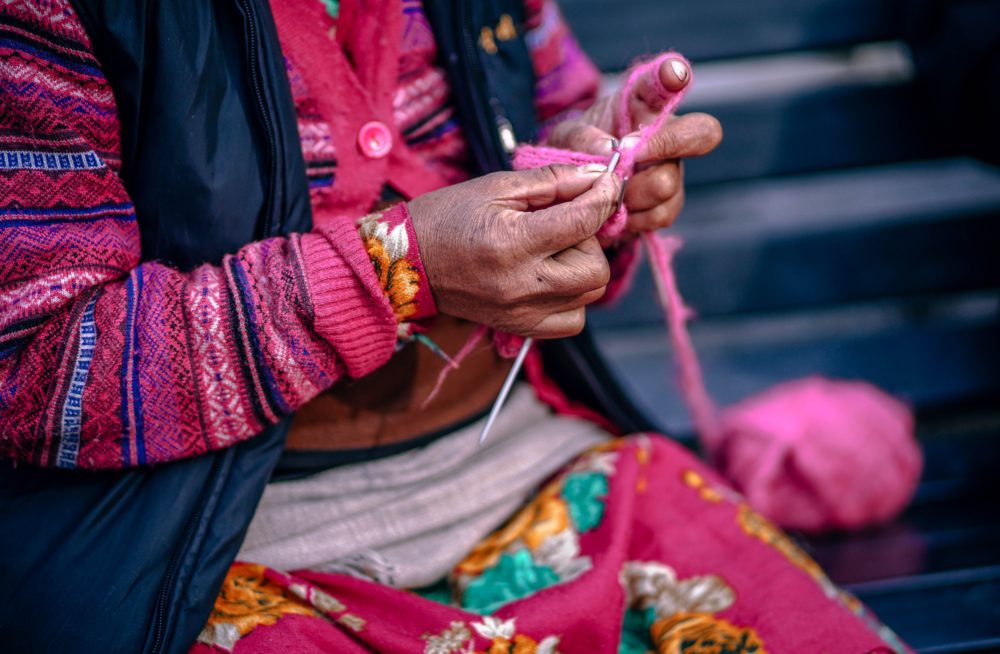The oldest list of paramitas include only six: generosity, discipline, patience, heroic perseverance, meditation, and wisdom. In Mahayana Buddhism, four more paramitas were added. These final four are seen as virtues, of course, but more specifically they are means by which we apply the first six virtues. They are about application. For Mahayana Buddhism, the goal of virtue is not to become virtuous; it is to become virtuous in order to benefit the world. So these last four paramitas seek to aid us in that task.
The seventh paramita is upaya, most often described by the phrase skillful means. Translated literally, it means “suited to the place or situation.” Skillful means is our ability to discern what to do in any given situation. It understands context and timing. Fundamentally, skillful means is doing what is “compassionately appropriate.”
When we employ skillful mean, we apply prajna wisdom to daily situations in the most beneficial way. It’s not enough just to know the truth. Just as important is how we apply that truth to real life. Here’s one simple example. When your child asks you to tell them the truth about something, and you know they aren’t ready to handle the full truth yet, you tell them something true yet incomplete. You hold a little something back, because your five year old does not yet have the tools to deal with the details. This requires skillful means, because while you see the situation fully and clearly, you realize that offering the full knowledge of it to your young child is harmful more than helpful.
Of course, skillful means can be much more complex, too. Jesus was adept at skillful means. Once he taught, “When someone asks for your coat, give him your shirt, too.” While on the surface this sounds like signing up for being someone’s doormat, it’s actually a way to shift the situation from a person’s greed to the giver’s generosity. It was customary for soldiers to demand someone’s cloak, but they could get in trouble for taking more than that. And having to face this generous giver who is shirtless makes them confront their greed in a way just giving the cloak didn’t.
Saint Francis used this same tactic when he was taken to court by his rich father, who threatened to take away all his inheritance if he didn’t quit his spiritual quest and come home. Francis then stripped down to nothing, left his clothes on the floor, and walked away. He turned the situation from being about a thankless son to being about his utter devotion to his spiritual path.
All the great reformers in our modern age- Ghandi, Martin Luther King, Jr., Desmond Tutu- employed skillful means to bring about global change. They knew how to pivot the conversation or situation to what really mattered, what really was at stake. And they did so in ways that sought to transform people’s hearts and minds and actions.
Lama Surya Das says something very similar about the call to be a bodhisattva. He writes, “The bodhisattva is a spiritual hero, an Awakener, a door-opener. He or she is capable of becoming the right person in the right place at the right time, in order to do the right thing.”
When we practice upaya, skillful means, we attempt to do just that.
This post is part of the Paramita Project, where I’m practicing one of the Buddhist paramitas each month for ten months. You’ll be able to read all my posts about this month’s paramita, upaya, here.




